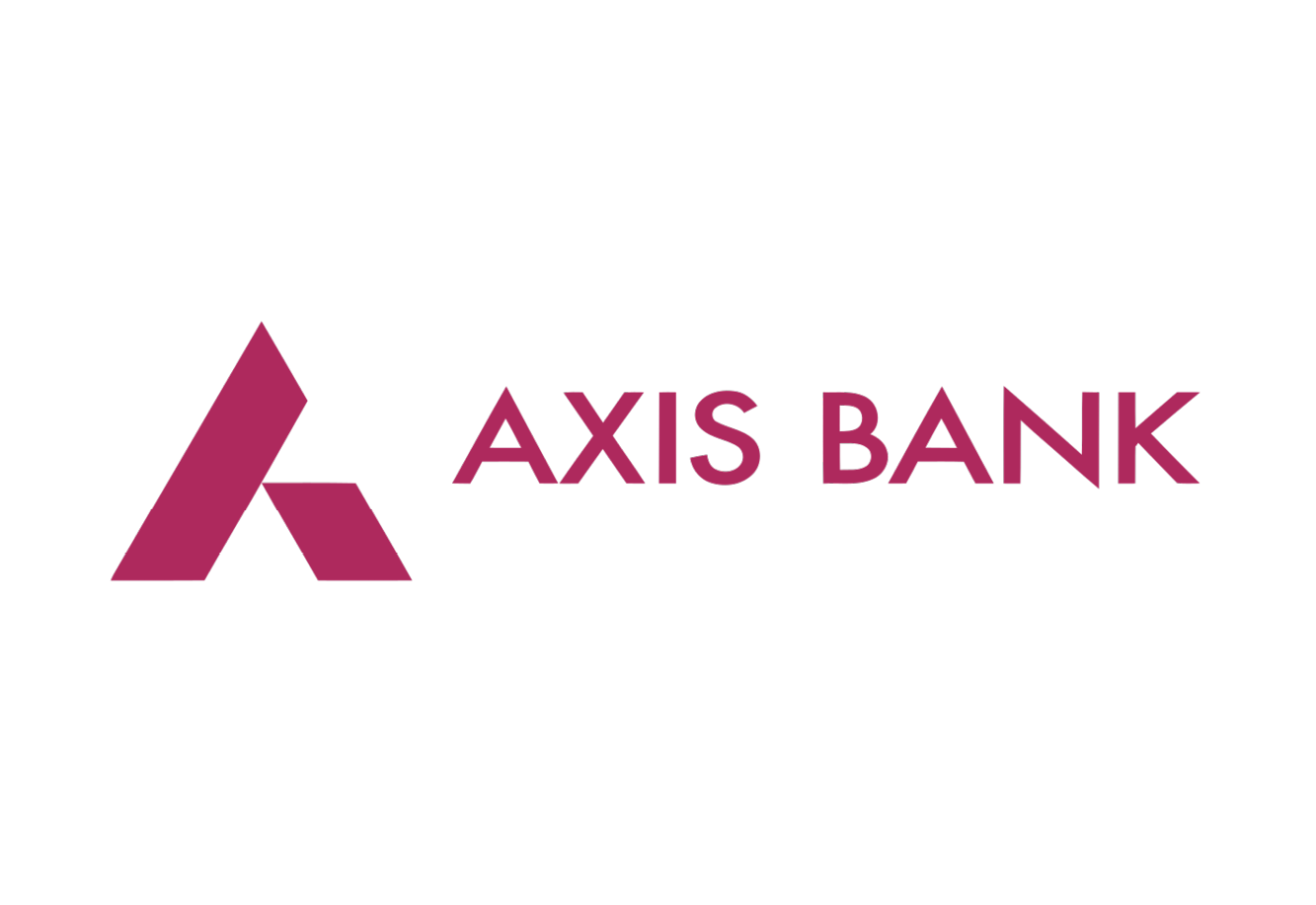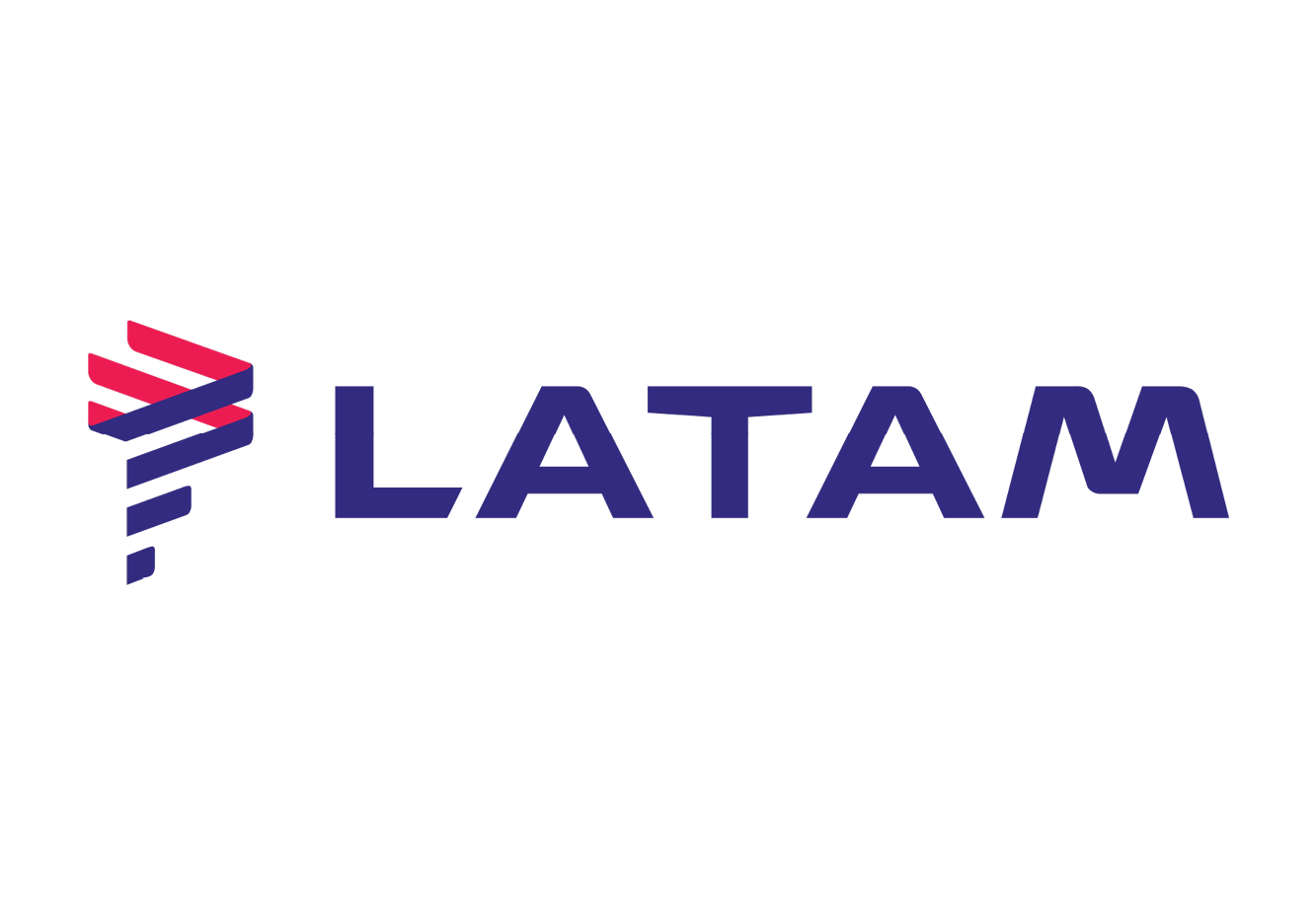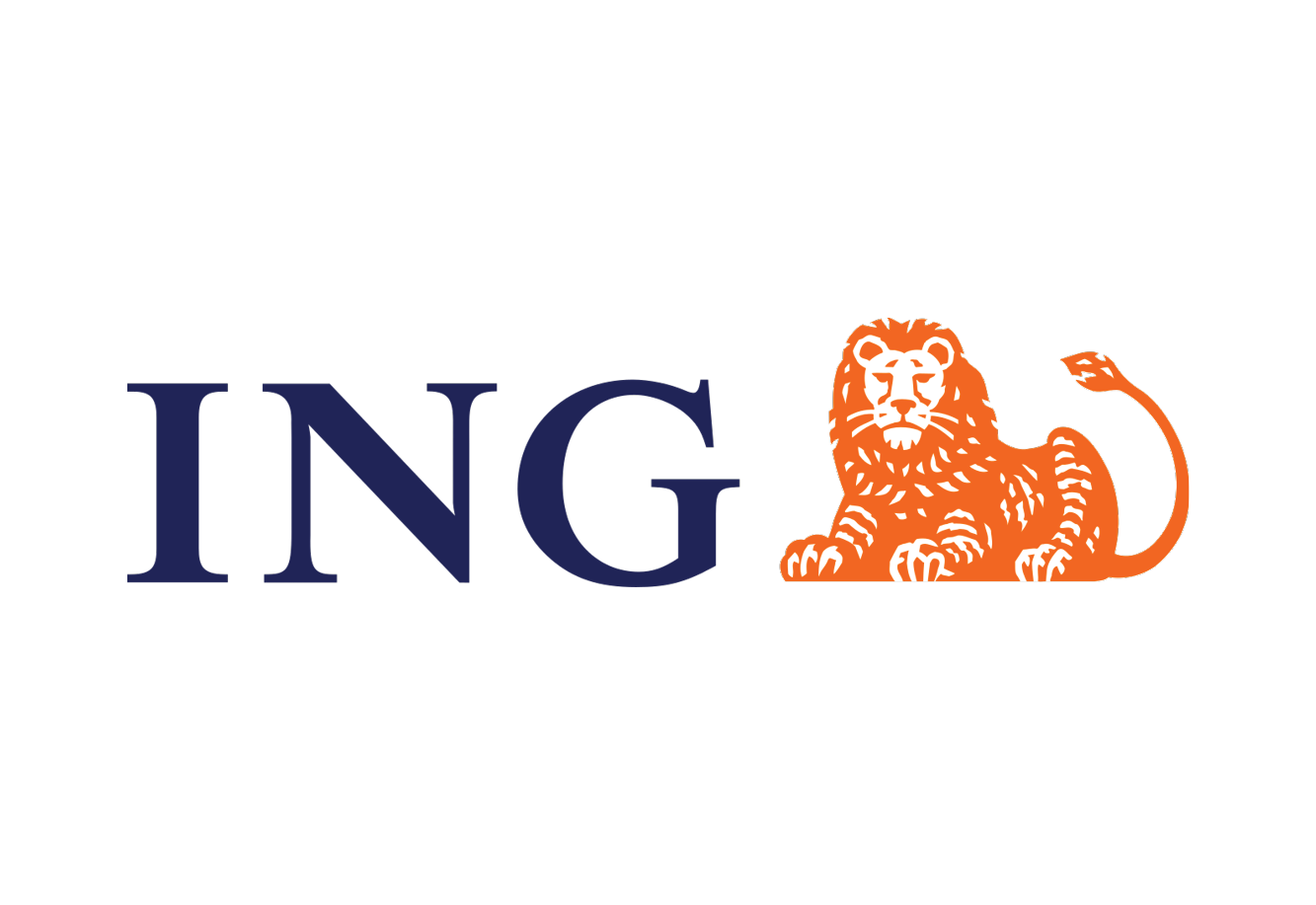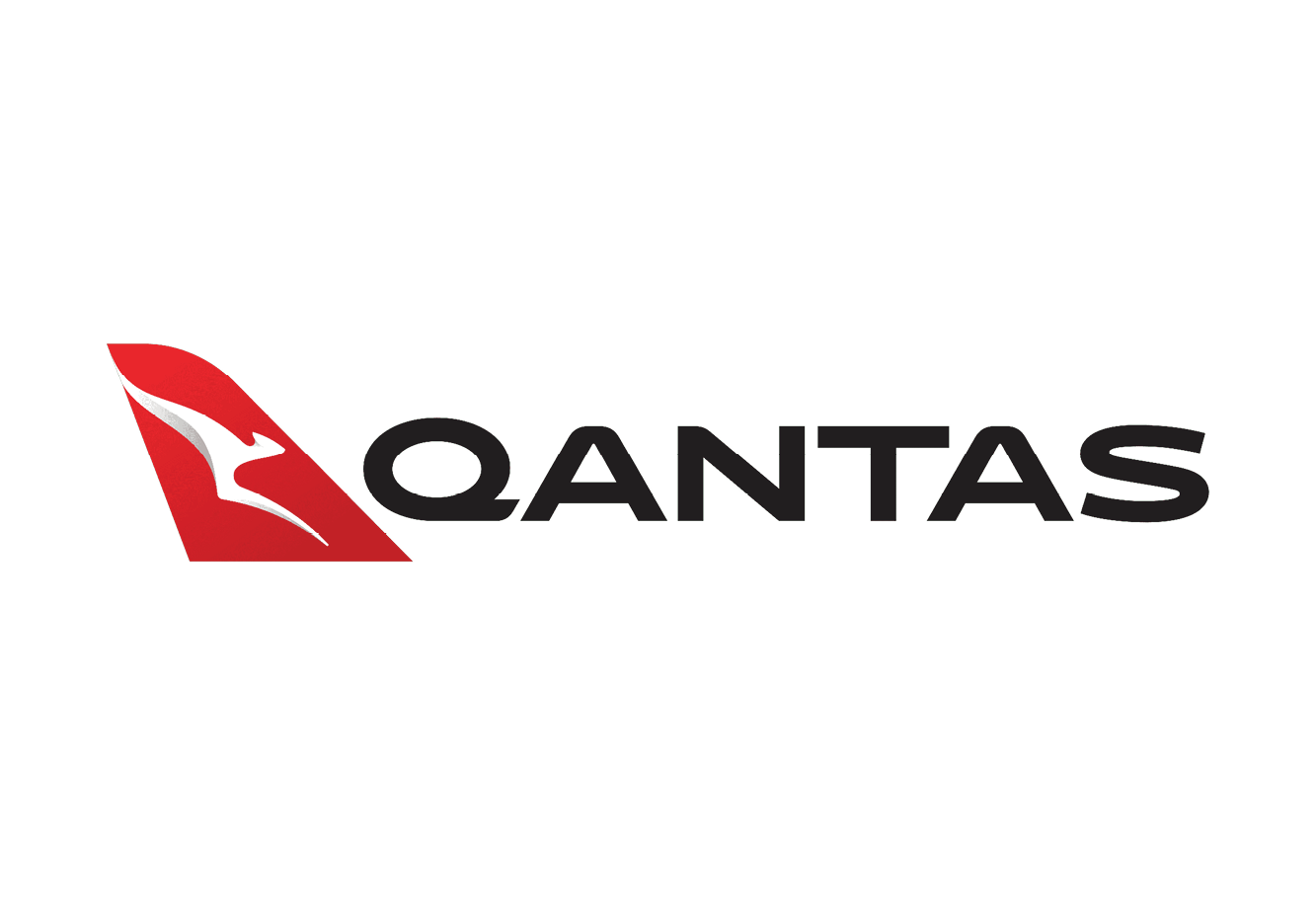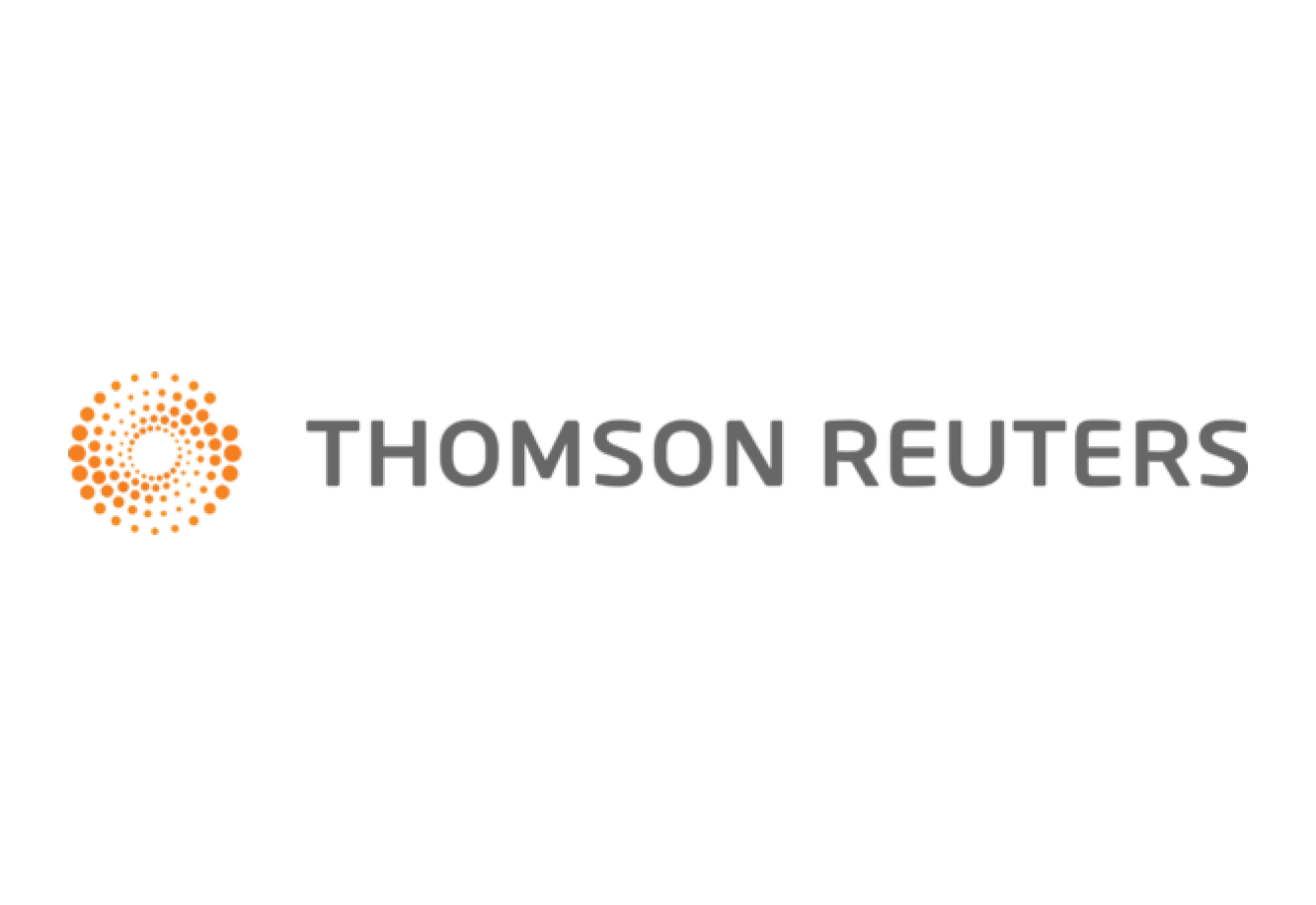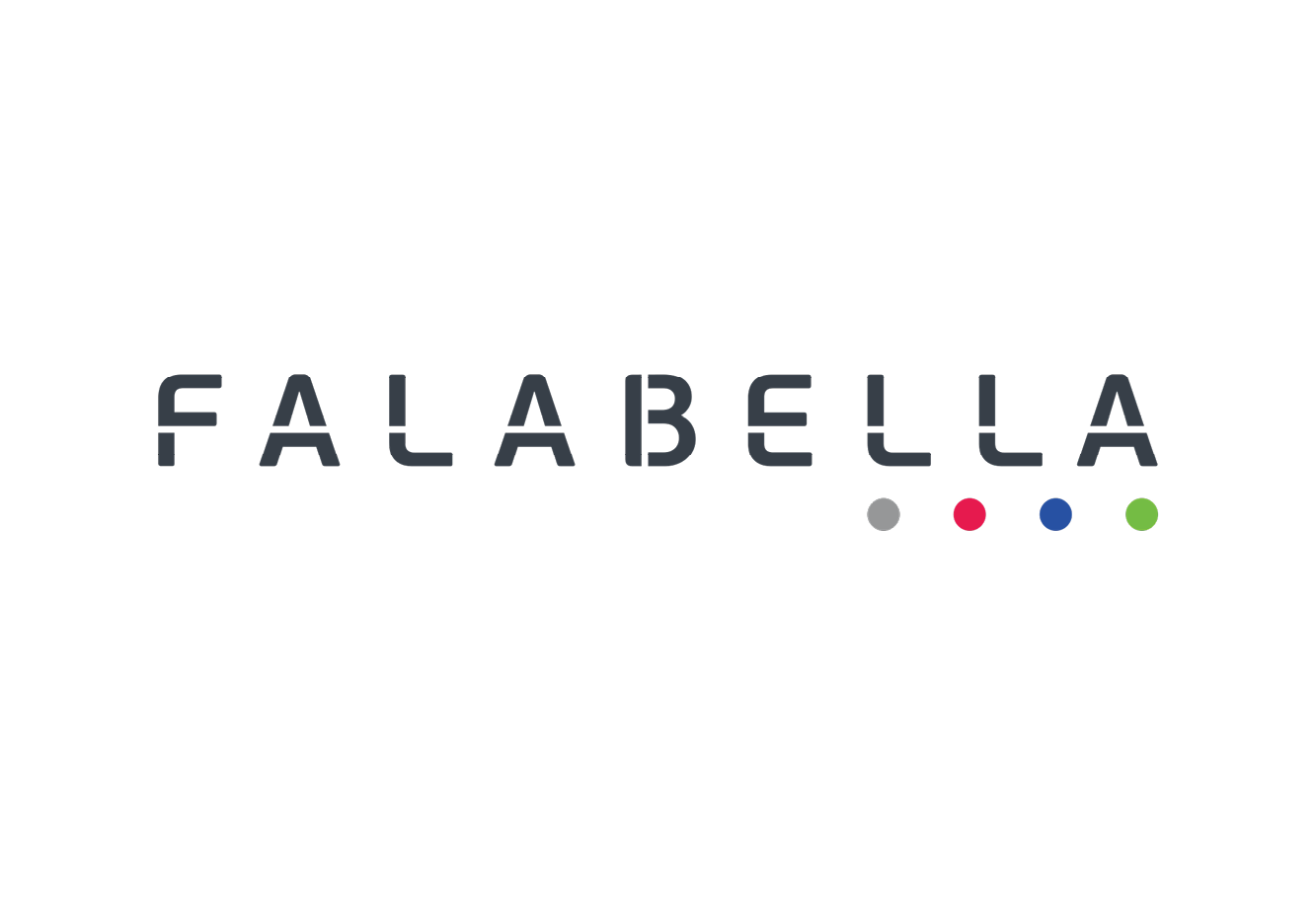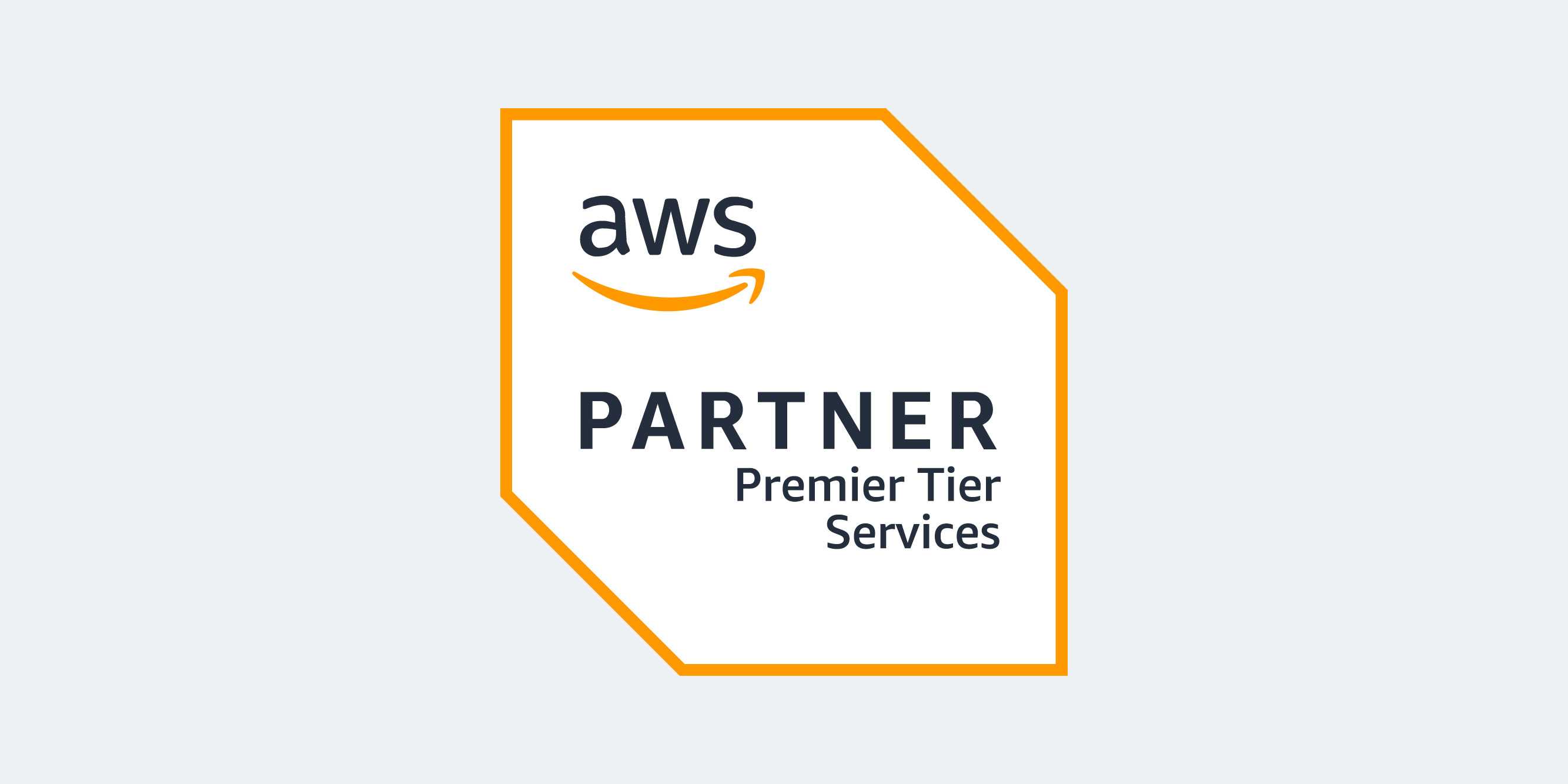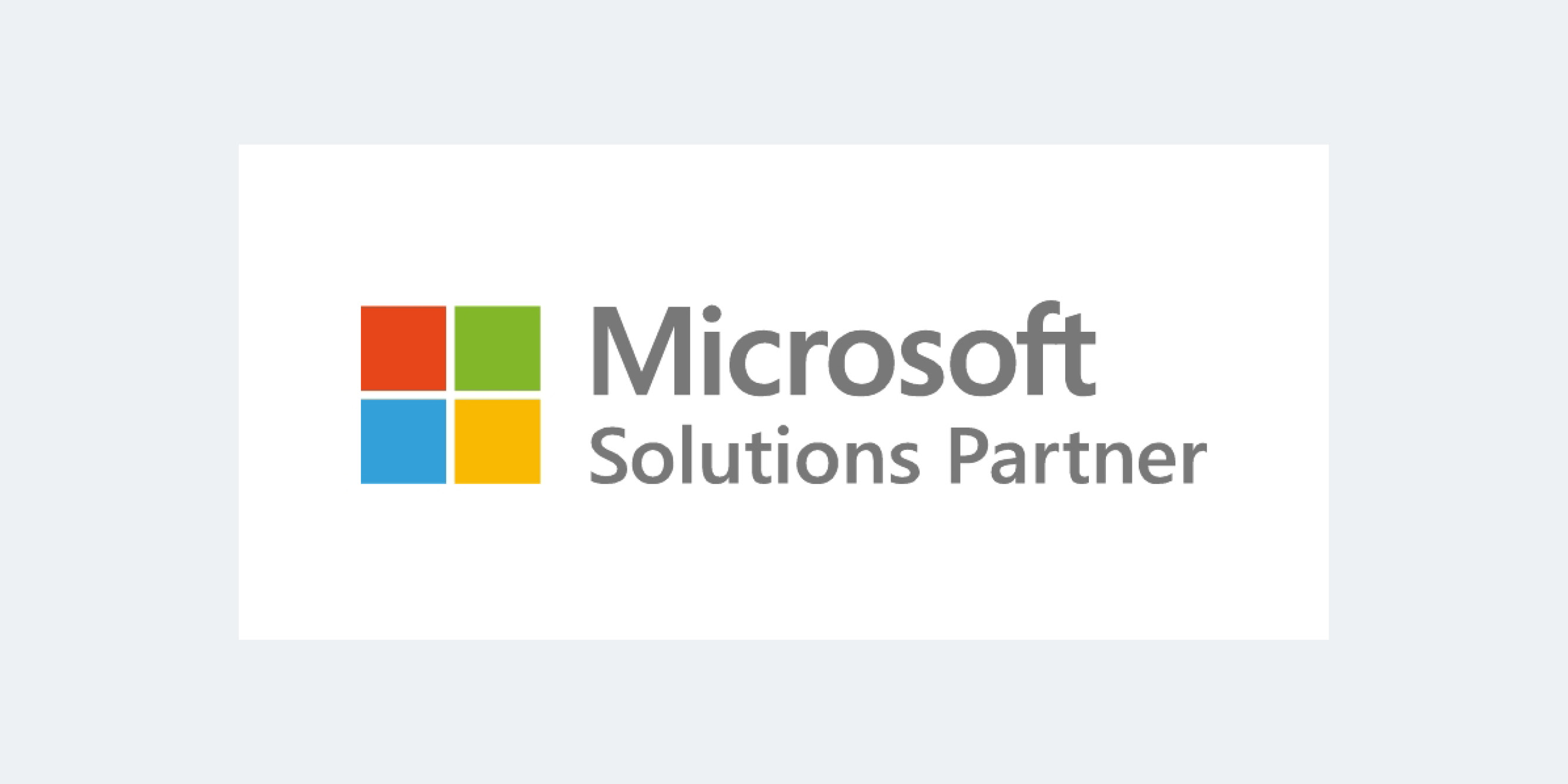- 1
- 4
- 3

Diseño. Ingeniería. IA.
Somos una consultora tecnológica global que genera un impacto extraordinario al combinar experiencia en diseño, ingeniería e IA.
Durante más de 30 años, nuestra cultura de innovación y excelencia tecnológica ha ayudado a nuestra base de clientes a fortalecer sus sistemas empresariales, escalar con agilidad y crear experiencias digitales integradas.
Nos dedicamos a resolver los desafíos más críticos de nuestra base de clientes, combinando la inteligencia artificial con la creatividad humana para convertir sus ideas más ambiciosas en realidad.
Nota: Este contenido puede no estar disponible en tu idioma de preferencia.
Últimas perspectivas


Impacto extraordinario para nuestros clientes
Nuestros socios de confianza
¿Listo/a para asumir un nuevo puesto?
Los trabajos en tecnología pueden ser ordinarios. Hora de entrada, hora de salida: enjabonar, aclarar, repetir. ¿Quién quiere eso? Definitivamente no nosotros y definitivamente no tú. Thoughtworkers rompen el molde. Únete a nuestro equipo certificado como Los Mejores Lugares para Trabajar™️. Juntos tenemos un impacto extraordinario.






















